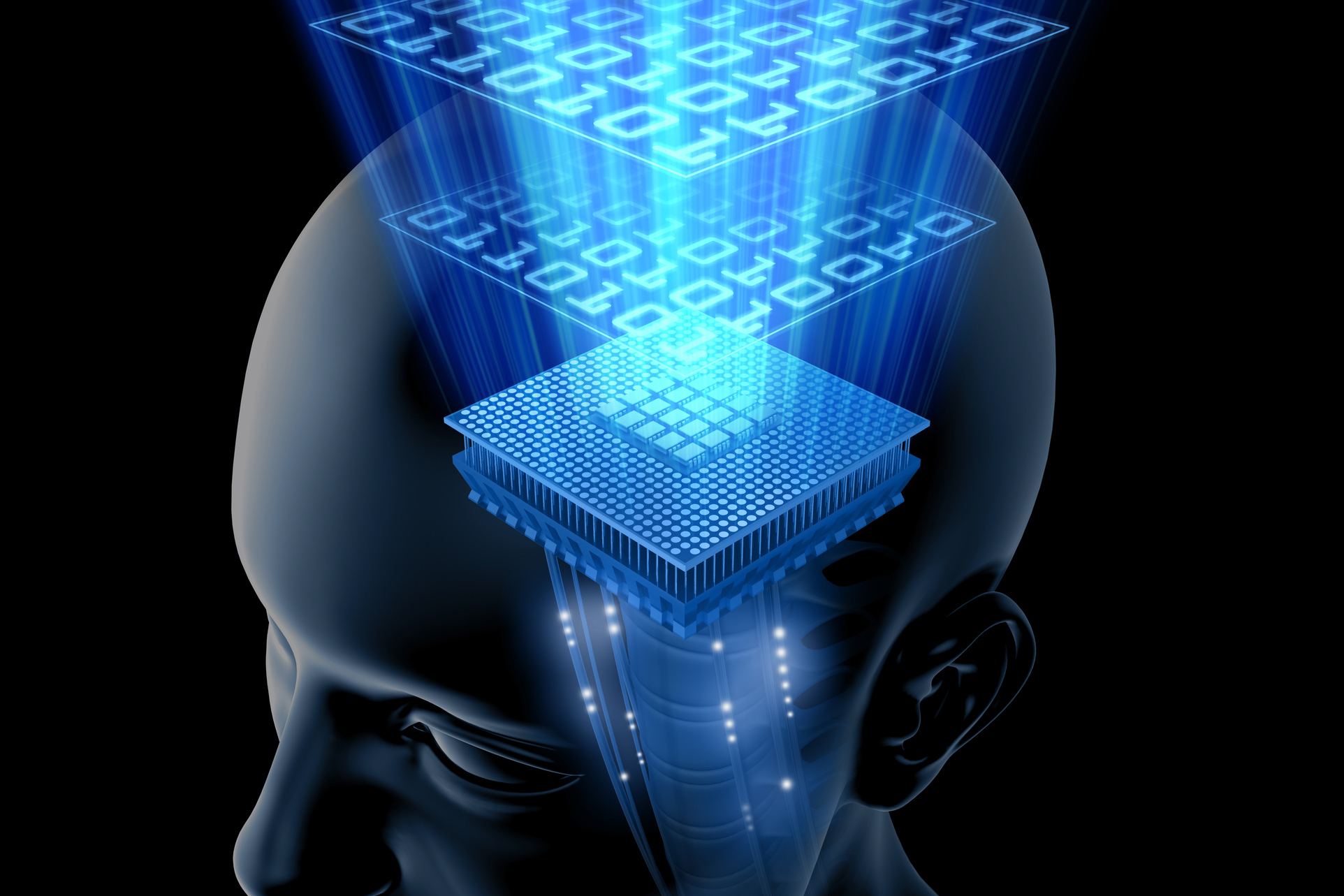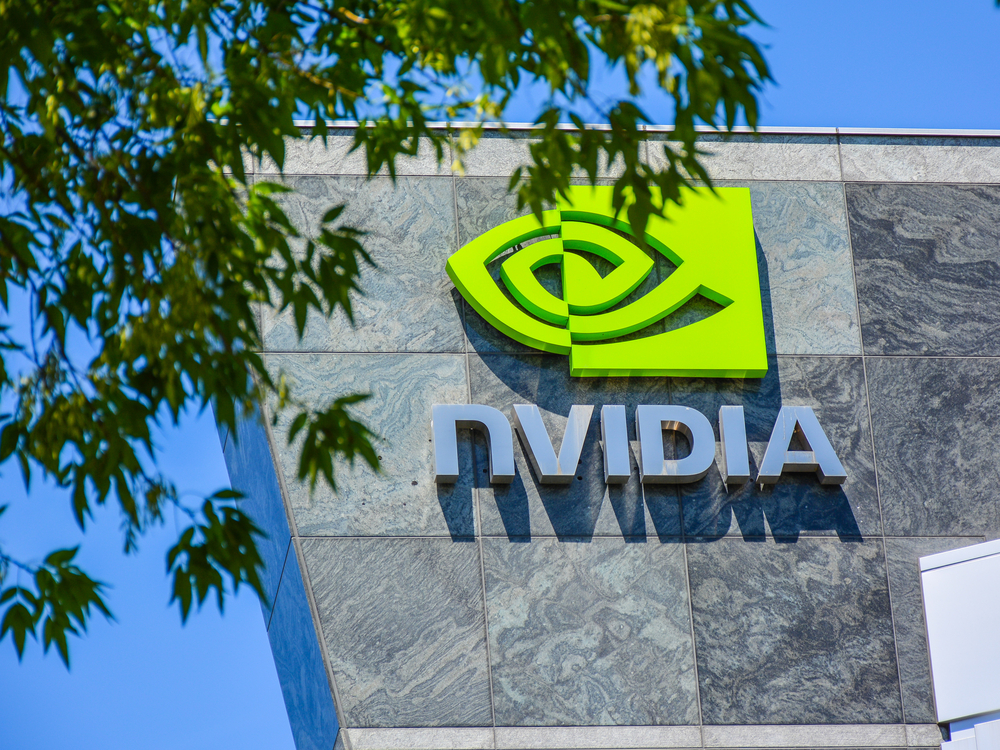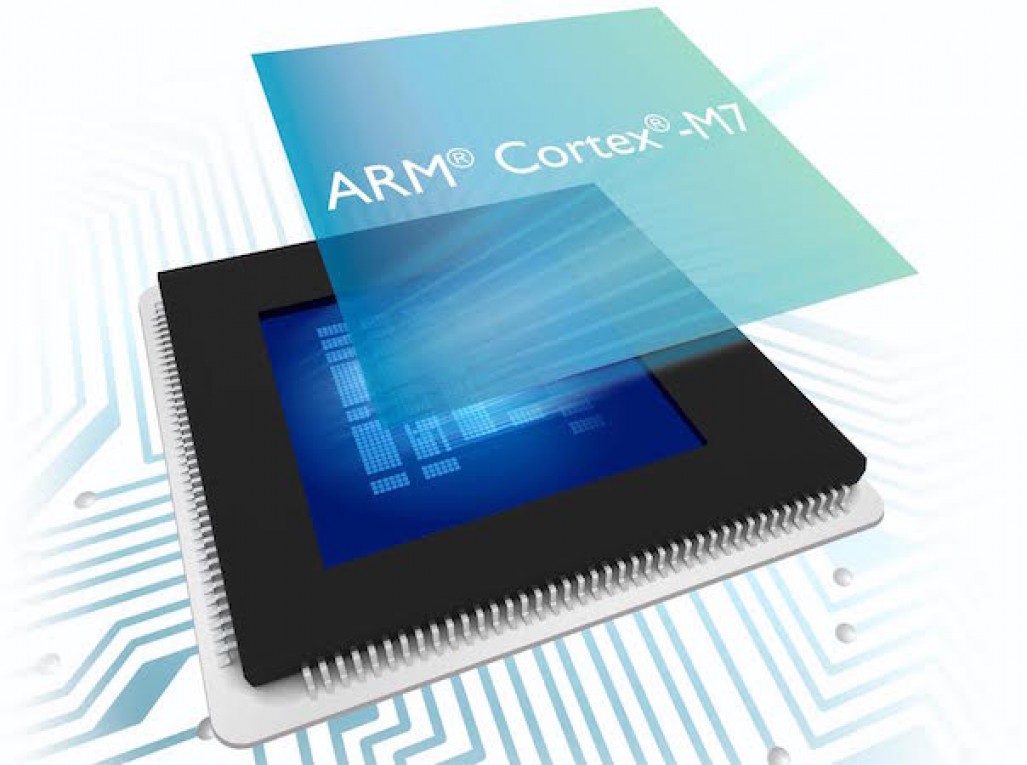A million ARM chips to mimic one per cent of human brain
The University of Manchester and ARM hook up to try and replicate human brain activity with a million computer chips.


Work has started to link up one million ARM processors as part of a project to mimic the brain - but researchers say it will still represent only one per cent of the brain's capacity.
The University of Manchester has teamed up with ARM to create the "massive computer" called SpiNNaker (Spiking Neural Network architecture), a project lead by Steve Furber, the renowned ARM processor designer and now a researcher at the Manchester university.
The team has been working on developing the chips for two years, and has finally taken delivery from Taiwanese manufacturers last month, meaning work can start on creating the network, our sister title PC Pro reports.
The machine will be made up of chips featuring 18 ARM processors in a single 19mm package. "This package delivers the computing power of a PC in a tiny space and for around one watt of electrical power," the university said.
The SpiNNaker computer will mimic the signals sent in the brain by sending small packets of data. The machine will use one million ARM processors, but "this will enable them to recreate models of only up to one per cent of the human brain," the university said.
Understanding the brain
The project is looking to understand which functions are performed by different parts of the brain, to help researchers work out how best to treat injuries and diseases.
Sign up today and you will receive a free copy of our Future Focus 2025 report - the leading guidance on AI, cybersecurity and other IT challenges as per 700+ senior executives
We don't know how the brain works as an information-processing system, and we do need to find out.
"Psychologists have already developed neural networks on which they can reproduce the clinical pathologies," Furber explained. "They then use these networks to test alternative therapies, to identify which is most effective in treating the patient's symptoms."
"At present they are limited in the fidelity they can achieve with these networks by the available computer power, but we hope that SpiNNaker will raise that bar a lot higher," he said. "We don't know how the brain works as an information-processing system, and we do need to find out. We hope that our machine will enable significant progress towards achieving this understanding."
The Manchester side of the project was awarded half of a total 5 million Engineering and Physical Sciences Research Council grant, with the rest going to related projects at Southampton, Cambridge and Sheffield.
Freelance journalist Nicole Kobie first started writing for ITPro in 2007, with bylines in New Scientist, Wired, PC Pro and many more.
Nicole the author of a book about the history of technology, The Long History of the Future.
-
 I couldn’t escape the iPhone 17 Pro this year – and it’s about time we redefined business phones
I couldn’t escape the iPhone 17 Pro this year – and it’s about time we redefined business phonesOpinion ITPro is back on smartphone reviews, as they grow more and more intertwined with our work-life balance
-
 When everything connects, everything’s at risk
When everything connects, everything’s at riskIndustry Insights Growing IoT complexity demands dynamic, automated security for visibility, compliance, and resilience
-
 Arm appoints new CFO as it gears up for IPO
Arm appoints new CFO as it gears up for IPONews The company has hired Jason Child, former Splunk CFO, who has experience in helping companies go public
-
 Truss seeks last-ditch SoftBank meeting over Arm IPO
Truss seeks last-ditch SoftBank meeting over Arm IPONews Gov said to want a dual New York-London listing, at the very least
-
 FTC sues to block Nvidia's Arm acquisition
FTC sues to block Nvidia's Arm acquisitionNews Deal for the UK-based chipmaker is now subject to an administrative trial in August 2022
-
 Should we stop selling the crown jewels of tech?
Should we stop selling the crown jewels of tech?In-depth After a string of high-profile sales, the tech world is starting to ask if it's time to protect the UK’s technology assets
-
 Is Nvidia’s takeover of Arm a threat to the UK tech industry?
Is Nvidia’s takeover of Arm a threat to the UK tech industry?In-depth The spectre of a US chipmaker buying one of Britain's tech crown jewels is causing discontent
-
 ARM hires 1,000 staff after SoftBank buy-out
ARM hires 1,000 staff after SoftBank buy-outNews Hiring spree is the first step in SoftBank's pledge to double UK staff
-
 ARM shareholders approve SoftBank takeover
ARM shareholders approve SoftBank takeoverNews The £24.3bn takeover will complete on 5 September
-
 ARM CEO Warren East set to retire after 12 years on top
ARM CEO Warren East set to retire after 12 years on topNews Under his leadership ARM became a global force.
